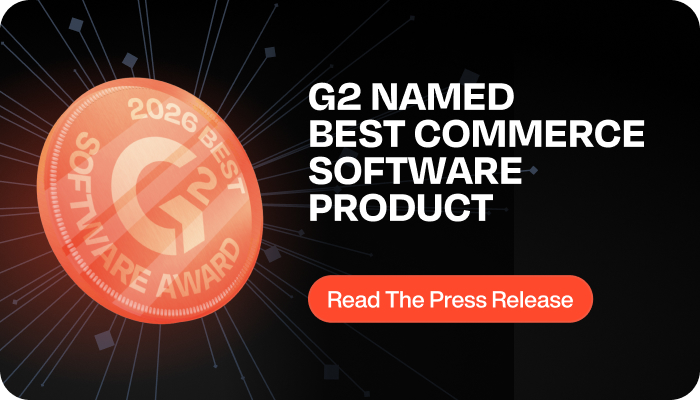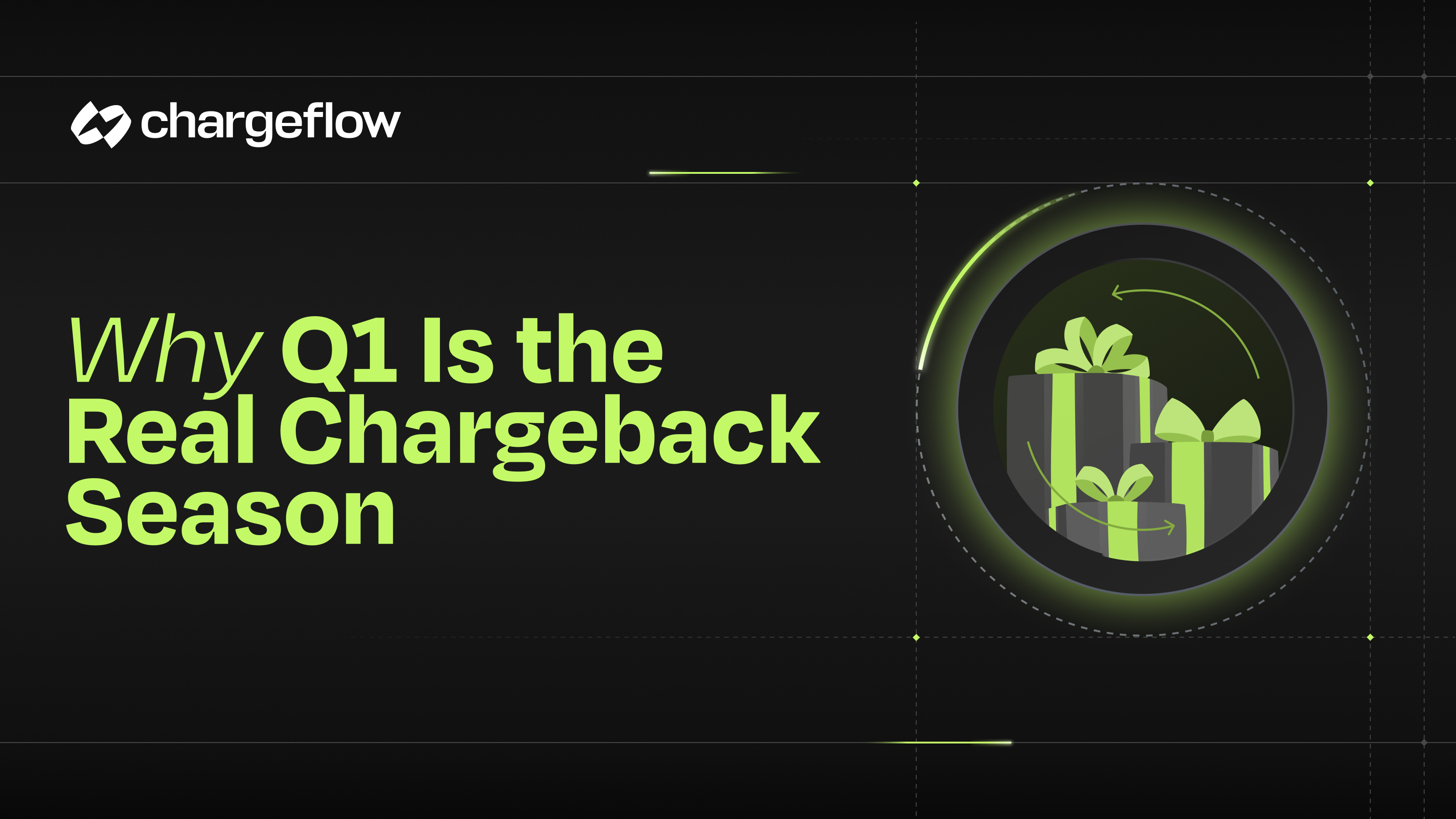Chargebacks and Returns: Know the Difference Between These Two Terms

Chargebacks?
No longer your problem.
Recover 4x more chargebacks and prevent up to 90% of incoming ones, powered by AI and a global network of 15,000 merchants.
Understanding how these two sides of the coin are connected can help you optimize your returns process, reduce chargebacks, and build customer trust.
While both returns and chargebacks involve customers asking for their money back, they have distinct differences that can greatly affect your store's bottom line.
Understanding how these two sides of the coin are connected can help you optimize your returns process, reduce chargebacks, and build customer trust.
The Connection Between Chargebacks and Returns
Chargebacks and returns are two sides of the same coin in eCommerce, as they are two outcomes of dissatisfied customers.
Returns happen when customers return an item to an eCommerce store for a refund or exchange, while chargebacks are when a customer disputes a charge with their credit card company.
Both returns and chargebacks result in a loss for the store, as a refund must be issued to the customer, and there may be fees and penalties involved.
Understanding the connection between chargebacks and returns is important because managing one effectively can help reduce the likelihood of the other.
By focusing on improving the returns process and implementing best practices for both returns and chargeback management, you can minimize losses and build customer trust.

Reducing Chargebacks with Efficient Returns Management
One effective way to reduce chargebacks is through efficient returns management. A complicated or unclear returns process may lead to customers disputing charges with their credit card company when they are unsatisfied with a purchase.
Here are some tips for reducing chargebacks through efficient returns management:
1. Automate Your Returns Process
Automating your returns with a returns management system such as ReturnGO can help you reduce chargebacks by streamlining the returns process and making it more efficient both for you and your customers.
Enable customers to initiate a return through a self-service return portal, where they can select the reason for the return and print out a return shipping label. Once the request is approved, the customer gets automatically updated about the return status, including when the refund or exchange has been processed.
By automating your returns process, you can make sure that customers receive timely updates and notifications about their returns, making them less likely to file a chargeback out of frustration or confusion.

2. Encourage Exchanges and Store Credit
Offering alternative solutions such as exchanges or store credit can reduce the likelihood of chargebacks by providing dissatisfied customers with a solution that meets their needs.
Customers who are unhappy with their purchases and can't find a solution may initiate a chargeback with their credit card company.
However, if you offer an exchange or store credit as an easy alternative, customers are more likely to work with you to find a satisfactory solution rather than immediately filing a chargeback.
3. Track Your Returns Data
Tracking and analyzing returns data can also help you identify patterns or issues that may be contributing to chargebacks.
Keep track of return metrics such as return rates, return reasons, and frequently returned products.
For example, if a high percentage of returns are due to product flaws or inaccurate descriptions, improving product information or implementing quality control processes can reduce returns and chargebacks.

Communication is Key to Replacing Chargebacks with Returns
Chargebacks are often filed by customers who are unsatisfied with the returns process or feel that their issues aren’t being addressed in a timely manner.
Communicating effectively with customers is essential for a smooth returns process, which can reduce chargebacks and increase customer satisfaction.
To reduce chargebacks, communicate clearly with your customers in several ways:
1. Have a Clear Return Policy
Having a clear and easy-to-understand return policy can help set expectations and prevent misunderstandings that may lead to chargebacks. Use your return policy to encourage customers to return items directly to your store rather than initiating a chargeback.

2. Create Detailed Product Descriptions
Clear and detailed product descriptions can help proactively reduce the likelihood of returns and chargebacks. The more information customers have up front, the less likely they are to receive a product that doesn't meet their expectations.

3. Provide Easy Access to Support
Make it easy for customers to contact your store with questions or concerns about returns.
Provide clear contact information, such as an email address or customer support chat, to help address issues proactively and prevent chargebacks.
Boost Profitability By Reducing Chargebacks
It's important to understand that chargebacks and returns are two sides of the same coin.
Take action to encourage returns rather than chargebacks, since returns provide an opportunity to keep customers, build trust, and encourage repeat purchases.
Leverage technology such as ReturnGO to automate the returns process, making it easier for customers to initiate returns and less likely to file a chargeback.
Reducing chargebacks minimizes the amount of revenue lost while increasing repeat business and boosting profitability.
About the Author:
Rebecca Fox is the Content Marketing Manager, ReturnGO
Rebecca Fox is ReturnGO’s Content Marketing Manager. She is passionate about creating helpful and effective content that gives eCommerce business owners the knowledge and tools they need to succeed.

Chargebacks?
No longer your problem.
Recover 4x more chargebacks and prevent up to 90% of incoming ones, powered by AI and a global network of 15,000 merchants.
















































.png)








